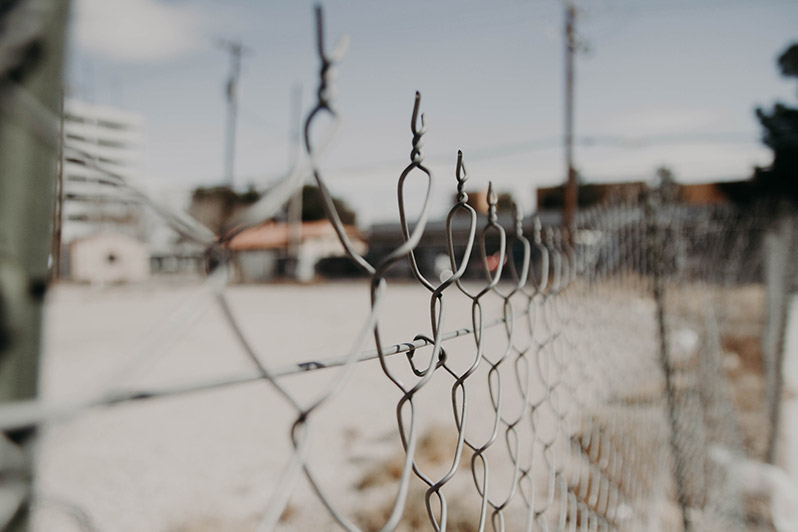Community Addicts
By Trenton Davis
This article was originally published in StreetVibes newspaper, and shares reflections and excerpts from an online/phone conversation hosted by The Abundant Community between Peter Block, John McKnight and guest Ann Livingston.
Ann Livingston is a community organizer from Vancouver, Canada. As a leader of “VANDU,” a community made for and by drug addicts, she has helped to galvanize and organize these people that are often labeled “unorganizable.” Ann joined Peter Block and John McKnight recently for a chat about her organizing work, and about how our culture demonizes, punishes, and casts away users of illicit drugs; even if we are users as well.
To Ann, addicts cannot be looked as simply someone to be fixed. She looks at the world in terms of people. Some “…people use drugs or they don’t. When you can come to that place, then it allows you to work with people who use drugs and people who don’t.”
Ms. Livingston continues by saying, “[Drug addiction], it’s a chronic, relapsing condition. For anyone who’s ever stopped smoking cigarettes, when you are at that party and you have a drink and then you decide to bum a smoke off someone and smoke again, you don’t announce to all your friends that you’re now back to smoking. You just sneak that cigarette and you get right back to that nonsmoking business. I think that goes on with everyone who deals with addictions. It shouldn’t cause shame. The problem we’re having now is with Fentanyl in these drugs, they have that one little sneak and now they’re dead. They’re found dead. We’re in a very difficult, and it seems irreversible [situation].”
A stark point.
I wake up every day with an energy drink infused with tea and caffeine. If I skip my caffeine and start my day, I end up with headaches. I’m an addict and so are most Americans. Abstinence from the activities that stimulate our day is impossible, and probably, unhealthy. In fact, recently, caffeine has been found to stimulate and open veins to allow blood to flow more freely and increase one’s lifespan.
I used to get my caffeine from high sugar drinks like Mountain Dew. In fact, my whole family were users of caffeine. Then, my father was diagnosed with diabetes. Our addictions, when overused and combined with dangerous levels of other chemicals (in our case sugar), could seriously put our health at risk. After the diagnosis, for a long while, I was abstinent from caffeine: assured that would solve my problem. However, I would relapse. Luckily, I found a healthier alternative in tea, and I continue to cope. It’s incredible how similar the lives of caffeine, exercise, nicotine, or even heroin addict are.
For exercise addicts, society builds gym memberships. For alcoholics we have bars or, if you’re young like myself, we simply have ‘college.’ Starbucks has made billions constructing the idyllic community environment for caffeine addicts. For addicts, what community has society provided? Jail and the alley.
Ann Livingston calls for society to build an abundant community for addicts too.
Instead, we’ve built an empire of reactive, hollow services to treat them. “It’s exactly what goes wrong with services if they can’t remember what they’re doing. It’s so important to know that you’re saving lives, not building an empire, that you’re saving lives, not making a living, that you’re saving lives,” Ann says. She describes the cycle as: “‘Come in here, do your drugs, overdose, I stab you with some Naloxone, your life is saved, I call 911, the ambulance comes,’ or whatever. You know, the great heroism of the emergency. Then just basically, you go back to the alley. You have no welfare, no housing, no belonging.”
Through VANDU, addicts can form a structure of belonging. As the community grew, Ann “realized [what was] happening to people was, they would go in terms of social status from being someone who had no social status at all to a volunteer who was making the community a better place, and that is a very well-respected person, certainly in Canada and in Vancouver… You just become a citizen who’s engaged in whether your neighborhood is a better place.” VANDU members may not even reduce their drug consumption, but, to Ann, that’s not the point: “One of the things that drug users do all day long, every day, is talk about drugs. In VANDU, they don’t talk about that. They talk about the next meeting… I would say, if they’re consuming the same number of drugs, they’re doing it in a much more efficient way, because they have so much other stuff they have to do.”
Perhaps, in Ohio and in our nation, we need to take a serious look at Ann’s thoughts because: “surely we’re not here just to save their lives over and over again while they live in an alley”. As an Ohioan whose friends and family have and do struggle with addiction, surely the alley isn’t the place for people. These are people. They don’t need fixing, they need to be organized and supported, made to feel powerful.
In a recent study, researchers found that when comparing communities, “One [that] has a high amount of community associations and activities, and the other one doesn’t. Well, everyone in the one lives longer, but it isn’t because they improved their health habits.” Perhaps Americans need to be addicts. Community addicts.
Related Links
Ann Livingston: An Ally to Drug Users
Photo by NeONBRAND on Unsplash




